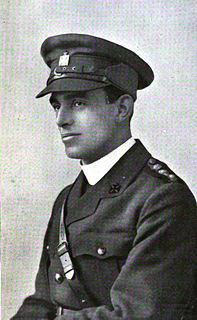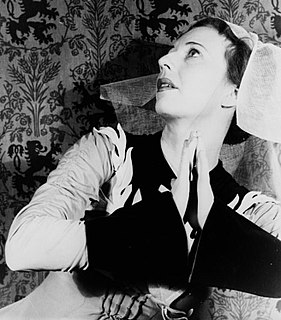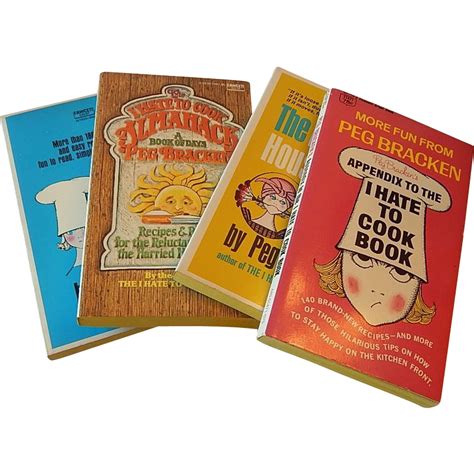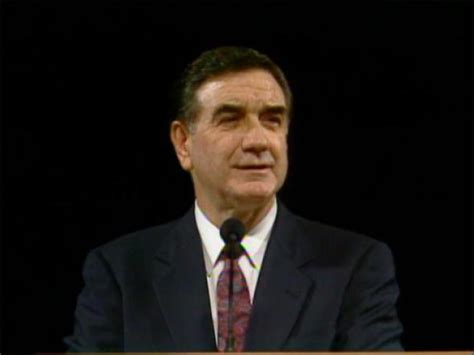A Quote by Raoul Vaneigem
People without imagination are beginning to tire of the importance attached to comfort, to culture, to leisure, to all that destroys imagination. This means that people are not really tired of comfort, culture and leisure, but of the use to which they are.
Related Quotes
To reach only for that which pleasantly enchants you is the least of imagination, if even imagination at all, by the obvious reality of remaining within your means. The greater of imagination is parallel to risk. It extends beyond your comfort zone or haven, or sense of beauty, or what you personally believe suits you in exploration of what may not.
To some men peace merely means the liberty to exploit other people without fear of retaliation or interference. To others peace means the freedom to rob others without interruption. To still others it means the leisure to devour the goods of the earth without being compelled to interrupt their pleasures to feed those whom their greed is starving. And to practically everybody peace simply means the absence of any physical violence that might cast a shadow over lives devoted to the satisfaction of their animal appetites for comfort and pleasure.
As Western nations became more prosperous, leisure, which had been put off for several centuries in favor of the pursuit of property, the means to leisure, finally began to be of primary concern. But, in the meantime, any notion of the serious life of leisure, as well as men's taste and capacity to live it, had disappeared.
What have we got here in America that we believe we cannot live without? We have the most varied and imaginative bathrooms in the world, we have kitchens with the most gimmicks, we have houses with every possible electrical gadget to save ourselves all kinds of trouble - all so that we can have leisure. Leisure, leisure, leisure! So that we don't go mad in the leisure, we have color TV. So that there will never, never, be a moment of silence, we have radio and Muzak. We can't stand silence, because silence includes thinking. And if we thought, we would have to face ourselves.
How we use our leisure is equally as important to our joy as our occupational pursuits. Proper use of leisure requires discriminating judgment. Our leisure provides opportunity for renewal of spirit, mind, and body. It is a time for worship, for family, for service, for study, for wholesome recreation. It brings harmony into our life.
Once efficiency is universally accepted as a rule, it becomes an inner compulsion and weighs like a sense of sin, simply because no one can ever be efficient enough, just as no one can ever be virtuous enough. And this new sense of sin only contributes further to the enervation of leisure, for the rich as well as the poor. The difficulty of carrying on a leisure-oriented tradition of culture in a work-oriented society is enough in itself to keep the present crisis in our culture unresolved.
Action is the music of our life. Like music, it starts from a pause of leisure, a silence of activity which our initiative attacks; then it develops according to its inner logic, passes its climax, seeks its cadence, ends, and restores silence, leisure again. Action and leisure are thus interdependent; echoing and recalling each other, so that action enlivens leisure with its memories and anticipations, and leisure expands and raises action beyond its mere immediate self and gives it a permanent meaning.








































